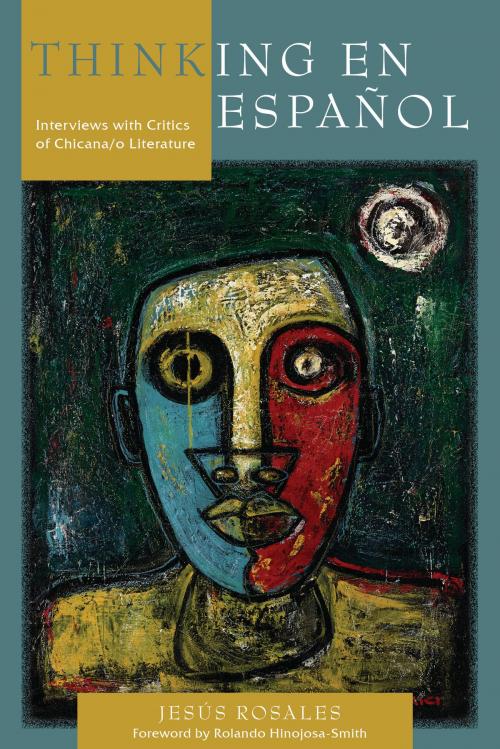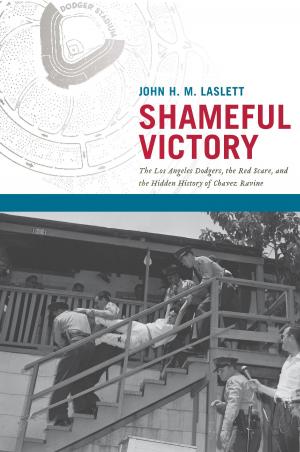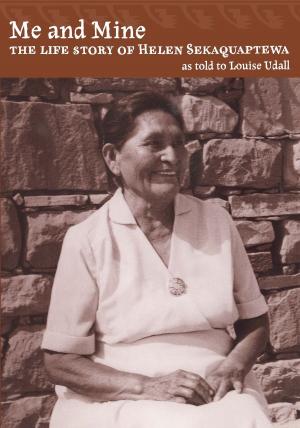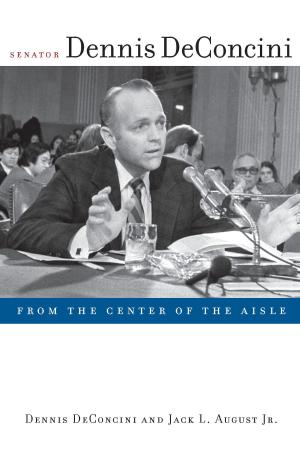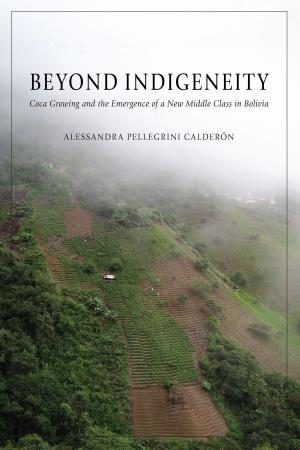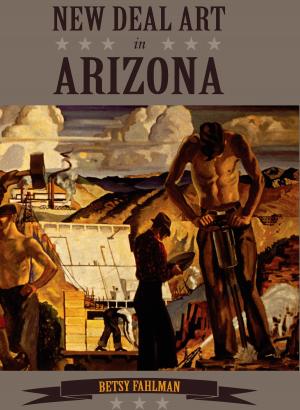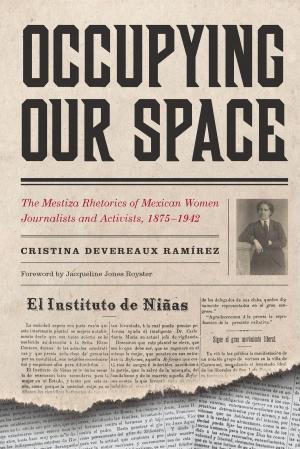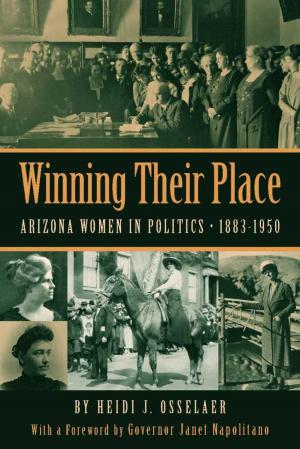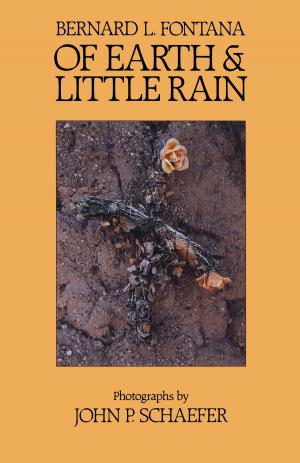Thinking en español
Interviews with Critics of Chicana/o Literature
Fiction & Literature, Literary Theory & Criticism, American| Author: | Jesús Rosales | ISBN: | 9780816598632 |
| Publisher: | University of Arizona Press | Publication: | November 6, 2014 |
| Imprint: | University of Arizona Press | Language: | English |
| Author: | Jesús Rosales |
| ISBN: | 9780816598632 |
| Publisher: | University of Arizona Press |
| Publication: | November 6, 2014 |
| Imprint: | University of Arizona Press |
| Language: | English |
Thinking en español captures conversations with leading Chicana and Chicano literary critics. This unique book consists of interviews with founding members of Chicano criticism conducted by the author, Jesús Rosales, who, through his conversations with leaders such as Luis Leal, María Herrera-Sobek, Tey Diana Rebolledo, and Juan Rodríguez, shows the path of criticism from 1848 to the present.
The twelve critics interviewed for this project share certain characteristics. For each one, Mexico plays an essential role in his or her personal and academic background, and each is bilingual and bicultural, having received formal literary education in Spanish graduate programs. As products of the working class, each scholar here shares a sense of social consciousness and commitment that lends an urgency to their desire to promote Chicano literature and culture at the local, regional, national, and international levels. They serve as a source of inspiration and commitment for future generations of scholars of Chicano literature and leave a lasting legacy of their own.
Thinking en español legitimizes Chicana/o criticism as an established discipline, and documents the works of some of the most important critics of Chicano literature at the turn of the twentieth and into the twenty-first century. This timely book immortalizes literary historical figures and documents the trajectory of Chicano criticism.
Thinking en español captures conversations with leading Chicana and Chicano literary critics. This unique book consists of interviews with founding members of Chicano criticism conducted by the author, Jesús Rosales, who, through his conversations with leaders such as Luis Leal, María Herrera-Sobek, Tey Diana Rebolledo, and Juan Rodríguez, shows the path of criticism from 1848 to the present.
The twelve critics interviewed for this project share certain characteristics. For each one, Mexico plays an essential role in his or her personal and academic background, and each is bilingual and bicultural, having received formal literary education in Spanish graduate programs. As products of the working class, each scholar here shares a sense of social consciousness and commitment that lends an urgency to their desire to promote Chicano literature and culture at the local, regional, national, and international levels. They serve as a source of inspiration and commitment for future generations of scholars of Chicano literature and leave a lasting legacy of their own.
Thinking en español legitimizes Chicana/o criticism as an established discipline, and documents the works of some of the most important critics of Chicano literature at the turn of the twentieth and into the twenty-first century. This timely book immortalizes literary historical figures and documents the trajectory of Chicano criticism.
